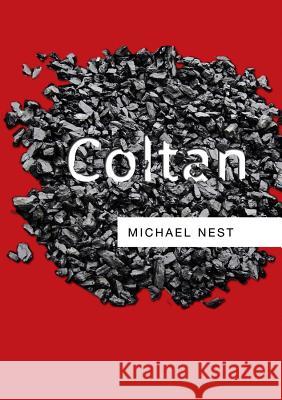Coltan » książka
Coltan
ISBN-13: 9780745649320 / Angielski / Miękka / 2011 / 200 str.
Coltan
ISBN-13: 9780745649320 / Angielski / Miękka / 2011 / 200 str.
(netto: 88,15 VAT: 5%)
Najniższa cena z 30 dni: 91,61
ok. 30 dni roboczych.
Darmowa dostawa!
A decade ago no one except geologists had heard of tantalum or 'coltan' - an obscure mineral that is an essential ingredient in mobile phones and laptops. Then, in 2000, reports began to leak out of Congo: of mines deep in the jungle where coltan was extracted in brutal conditions watched over by warlords. The United Nations sent a team to investigate, and its expose of the relationship between violence and the exploitation of coltan and other natural resources contributed to a re-examination of scholarship on the motivations and strategies of armed groups. The politics of coltan encompass rebel militias, transnational corporations, determined activists, Hollywood celebrities, the rise of China, and the latest iGadget. Drawing on Congolese and activist voices, Nest analyses the two issues that define coltan politics: the relationship between coltan and violence in the Congo, and contestation between activists and corporations to reshape the global tantalum supply chain. The way production and trade of coltan is organised creates opportunities for armed groups, but the Congo wars are not solely, or even primarily, about coltan or minerals generally. Nest argues the political significance of coltan lies not in its causal link to violence, but in activists' skillful use of mobile phones as a symbol of how ordinary people and transnational corporations far from Africa are implicated in Congo's coltan industry and therefore its conflict. Nest examines the challenges coltan initiatives face in an activist 'marketplace' crowded with competing justice issues, and identifies lessons from coltan initiatives for the geopolitics of global resources more generally.











